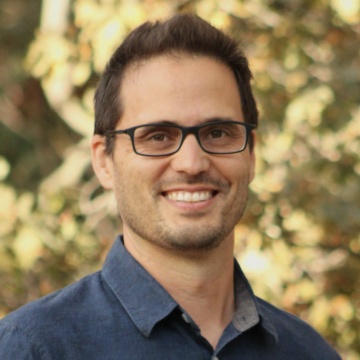Expanding Access to Engaged Jain Studies through Remote Learning
Arihanta Institute also offers non-accredited collections of short self-paced courses in Jain Philosophy, Engaged Jain Philosophy, Yoga Studies, Vegan Studies, and related fields. Our world-class faculty teach these courses, providing rigorous academic training in ethical and philosophical traditions.
For universities seeking to expand their religious and South Asian studies curriculum, our courses offer high-quality options without the need for additional faculty. Our courses meet university-level academic standards, integrate seamlessly into existing programs, and provide students unique opportunities for specialized study.
For inquiries about how our self-paced courses and graduate seminars offered by CST might fit within your institution’s offerings, you may contact Arihanta Institute at: study@arihantainstitute.org.
If you are a student interested in learning more about these Graduate Seminars and the fully online Master of Arts in Engaged Jain Studies offered by CST, please schedule an appointment with a faculty advisor by email: admission@cst.edu.



.png)
.png)


